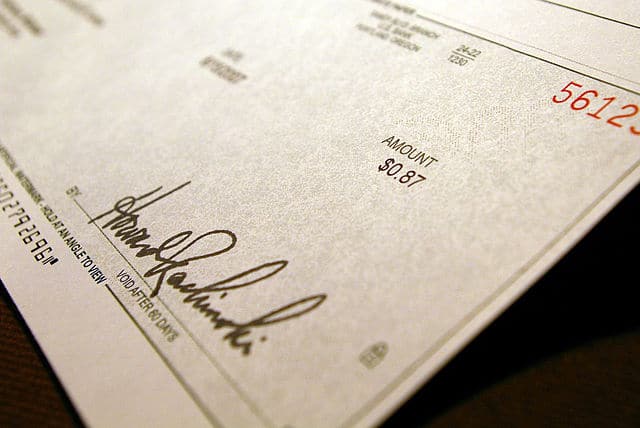Many of us are facing tough times right now, as the economy continues to struggle. With higher unemployment rates, people are finding it harder and harder to pay their mortgages, sending them into foreclosure.
Foreclosure is one of the scariest words a homeowner can hear, but many people aren’t properly informed about it. When you are unable to continue paying the debt on your house, or your loan, the person or place who gave you the loan has the opportunity to try and get some of their money back by taking back the property bought with their money.
While it may sound simple, foreclosure has a few steps that all homeowners should know about.
Step 1: Missing payments
The first step on the road to foreclosure is when the homeowner doesn’t pay a month of their mortgage payment. Missing one month of payment sends up a red flag to the lender, typically your bank. The bank will then send a letter saying that you missed a payment and will possibly charge you a late fee.
The real danger comes if the homeowner misses two months of payment. At this point the bank will become very worried that you might go into foreclosure, but will probably still work with you to get a payment. It is much less expensive for the bank to work with you than to put your home up for foreclosure.
Step 2: Notice of Default
If after 90 days the bank doesn’t receive any mortgage payments, they will send you a notice of default, informing you that you are in danger of foreclosure. This means that the bank will give your loan to a foreclosure department, and they will put a notice on your front door to make you aware. They may still be willing to negotiate payment at this point, but if no action is taken your home will be foreclosed on.
Step 3: There’s a Sale in Town
At this point, your home now belongs to the bank. The bank doesn’t want to keep your home, however, they want to get back the money they loaned you to buy it. To do this the bank will make it known that a trustee sale will take place at your property. The lender will publish information about your home in the local newspaper letting people know it is for sale.
Step 4: The Day of the Sale
Once the bank has made it known that there will be a sale, your property will be placed up for public auction. The bank will set a minimum dollar amount on your home to try and cover their expenses, such as the cost of your loan and the taxes owed on your home. Whoever bids the highest will receive the deed to your home.
Once the highest bidder receives the deed to your home, they will officially own it. This means that they can then do with it as they please.
Step 5: Owned by the Bank
If for some reason your home doesn’t sell at the auction, the bank will try to sell the house by itself. They might even work with a real-estate company to try and sell the home faster, because the longer the property is on the market, the less money the bank will receive. To try and sweeten the deal, the bank might even cut down some of the expenses to buy the property.
Step 6: Being Kicked Out
Though the bank will want to take the property back from you, they will often let you stay in the property is sold. Once the property is sold you will receive an eviction notice, which means you will officially have to leave the home. After a few days’ notice, local law enforcement will come to escort you and your personal belongs off of the property.
No one wants to go through foreclosure. The process is not only expensive but it is also heartbreaking. In order to avoid going through foreclosure, you should be sure to know as much as you can about it. Also it is very important to talk to your lender to try and negotiate your loan. Don’t let foreclosure happen to you!
Featured image used under creative commons license












